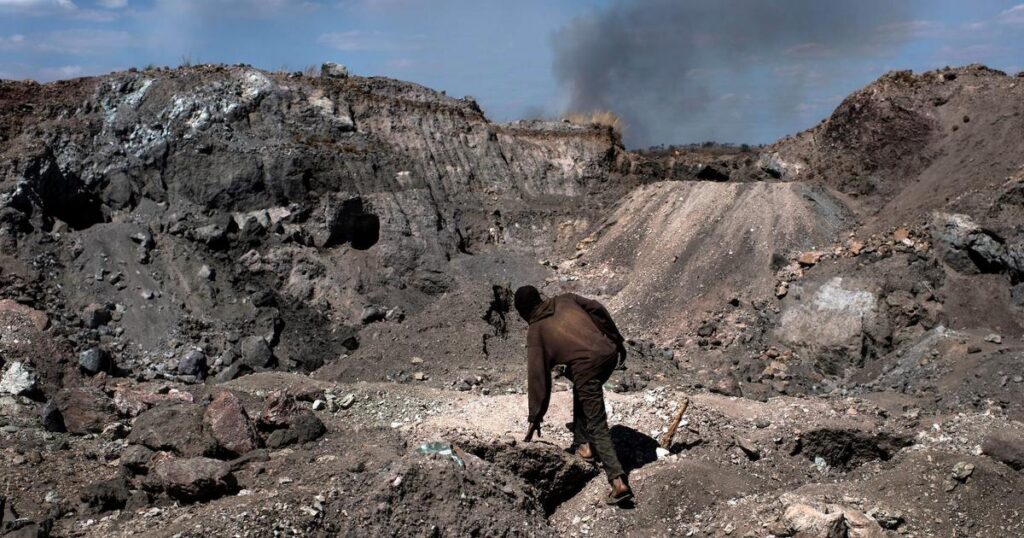
Kolwezi, once celebrated as the “cobalt capital of the world” within the Democratic Republic of the Congo (DRC), is grappling with the dual-edged sword of its mineral wealth.
The town, situated in the southern Lualaba Province, is home to abundant cobalt deposits, contributing to the DRC’s status as the source of over half of the world’s cobalt and 70% of global production.
In addition to its cobalt riches, the DRC ranks seventh globally in copper deposits. Both cobalt and copper play pivotal roles in powering the world’s energy transition, primarily through lithium-ion batteries and clean energy technologies.
However, the lucrative mining activities that draw international corporations to Kolwezi have unintended consequences.
Families are being uprooted from their homes, and local communities are becoming unwitting casualties of displacement.
Amnesty International, in collaboration with the Kolwezi-based NGO Initiative for Good Governance and Human Rights (IBGDH), conducted a study titled “Fueling Change or the Status Quo?” The findings were unequivocal: Kolwezi’s communities are silently suffering from the cruel expropriation that began 11 years ago, concealed behind the façade of a booming mining industry.
Kolwezi is emblematic of the global quest for renewable energy to expedite the transition to a low-carbon economy by reducing reliance on fossil fuels.
Moreover, the DRC is actively courting investment in its mining sector to harness all minerals that can propel the world toward these goals.
The 2002 Mining Code, updated in 2018, served as a catalyst, rejuvenating the mining industry by attracting foreign investors.
In its bid to revive a sector crippled by a broader economic crisis, Kinshasa introduced incentives for mining investments.
Kolwezi, a town spanning approximately 215 km2 with a population between 500,000 and one million, became a hotspot for mining companies seeking minerals critical for the energy transition.
However, as companies ventured deeper, they discovered that cobalt and copper reserves were buried beneath populated areas, even agricultural lands.
Consequently, farmers and landowners were forcibly displaced from their ancestral lands, revealing the complex dilemma Kolwezi faces in its pursuit of mineral wealth and a sustainable future.





